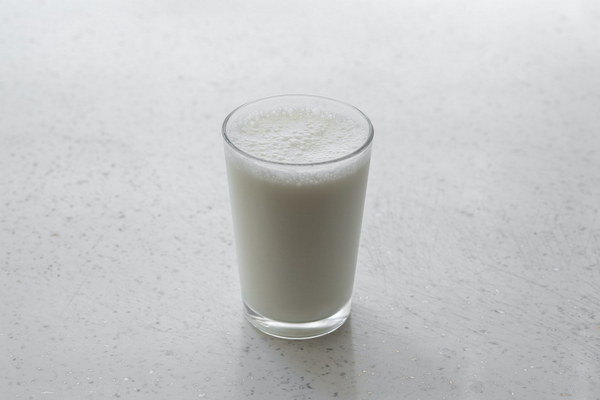Nourishing Bodies and Sustaining the Earth The Power of Vegan Therapeutics
In recent years, the concept of vegan therapeutics has gained significant attention as more individuals recognize the profound benefits of incorporating plant-based foods into their diet. This article delves into the world of vegan therapeutics, exploring how a nutrient-rich vegetarian diet can improve health, enhance well-being, and contribute to the preservation of our planet.
The Science Behind Vegan Therapeutics

The foundation of vegan therapeutics lies in the belief that a well-balanced vegetarian diet can provide all the essential nutrients required for optimal health. By eliminating animal products, individuals can significantly reduce their risk of chronic diseases, such as heart disease, hypertension, type 2 diabetes, and certain types of cancer.
A plant-based diet is rich in essential nutrients like vitamins, minerals, and antioxidants. For instance, leafy greens, such as kale and spinach, are high in iron and calcium, which are crucial for maintaining healthy blood cells and bones. Additionally, fruits and vegetables are packed with antioxidants, such as vitamin C and beta-carotene, which help protect against oxidative stress and reduce the risk of chronic diseases.
Health Benefits of Vegan Therapeutics
1. Heart Health: A vegan diet has been shown to lower cholesterol levels and reduce the risk of heart disease. Plant-based foods are low in saturated fats and high in fiber, which helps to keep the heart healthy and reduce the risk of atherosclerosis.
2. Weight Management: A vegetarian diet can aid in weight loss and maintenance, as plant-based foods are typically lower in calories and higher in fiber, which promotes satiety. Additionally, the consumption of plant-based proteins, such as lentils and chickpeas, can help increase muscle mass and improve metabolism.
3. Diabetes Prevention: A vegan diet can help regulate blood sugar levels and reduce the risk of type 2 diabetes. Plant-based foods are low in glycemic index, which means they cause a slower and more gradual increase in blood sugar levels.
4. Improved Gut Health: A vegetarian diet is rich in fiber, which promotes the growth of beneficial gut bacteria and supports digestion. This can lead to a healthier immune system, improved mood, and reduced risk of chronic diseases.
5. Brain Health: The antioxidants and omega-3 fatty acids found in plant-based foods can help protect the brain and reduce the risk of cognitive decline, such as Alzheimer's disease.
The Environmental Impact of Vegan Therapeutics
In addition to the health benefits, vegan therapeutics also plays a crucial role in addressing environmental issues. The production of animal-based foods is responsible for a significant portion of greenhouse gas emissions, deforestation, and water usage. By adopting a plant-based diet, individuals can help reduce their carbon footprint and contribute to a more sustainable future.
1. Lower Emissions: The production of plant-based foods emits fewer greenhouse gases compared to animal-based foods. By reducing the demand for meat and dairy products, we can help mitigate climate change.
2. Deforestation: A significant portion of deforestation occurs to make space for cattle grazing and to grow feed crops for livestock. By transitioning to a vegan diet, we can help preserve forests and biodiversity.
3. Water Usage: Producing animal-based foods requires more water than plant-based foods. By reducing meat consumption, we can help conserve water resources and protect ecosystems.
Conclusion
Vegan therapeutics offers a holistic approach to health and environmental sustainability. By incorporating a variety of plant-based foods into their diet, individuals can experience numerous health benefits while contributing to the preservation of our planet. As more research continues to highlight the advantages of vegan therapeutics, it is clear that this dietary approach is a powerful tool for creating a healthier, happier, and more sustainable world.









